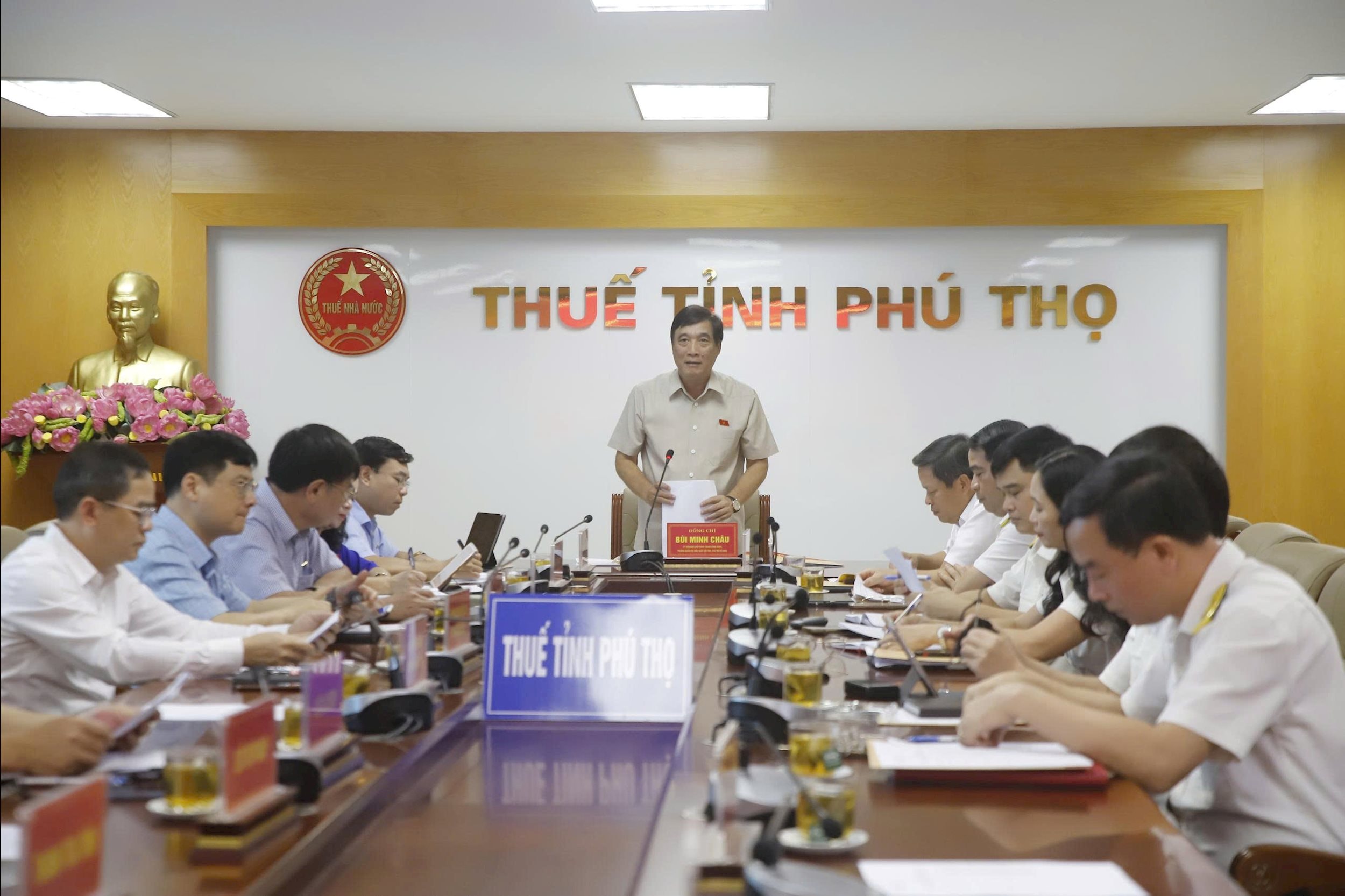
The 2019 Tax Administration Law, after 5 years of implementation, has created a relatively comprehensive and complete legal corridor for tax administration, contributing to building a transparent and effective business environment.
However, up to now, the Law has revealed limitations and inadequacies, not meeting the requirements and demands of socio -economic development practices and regulations of specialized Laws as mentioned in the Government's Submission. In particular, many bottlenecks in tax management operations such as regulations on tax registration, declaration, and calculation; on tax payment and tax assessment procedures; on tax refunds; regulations on tax management have not kept up with the development of the digital economy in the context of the boom of cross-border e-commerce, which poses requirements on revenue management and tax collection from digital platforms, trading floors, etc.
.jpg)
At the upcoming 10th Session of the 15th National Assembly , the National Assembly is expected to comprehensively amend the provisions of the current Law on Tax Administration to continue institutionalizing the Party's guidelines and policies and legal policies on digital transformation, modernizing tax administration, and overcoming practical shortcomings to improve the capacity and efficiency of tax administration. Accordingly, the Draft Law on Amendments submitted by the Government consists of 9 chapters and 53 articles.
Regarding the Law on Personal Income Tax, which was issued in 2007 and has undergone many amendments and supplements, up to now, this Law has also revealed limitations that need to be amended to suit the requirements of tax reform and the socio-economic situation. In particular, the provisions on taxable income, tax-free income, especially newly arising income, personal income tax rates for income from salaries, wages, family deductions, etc.
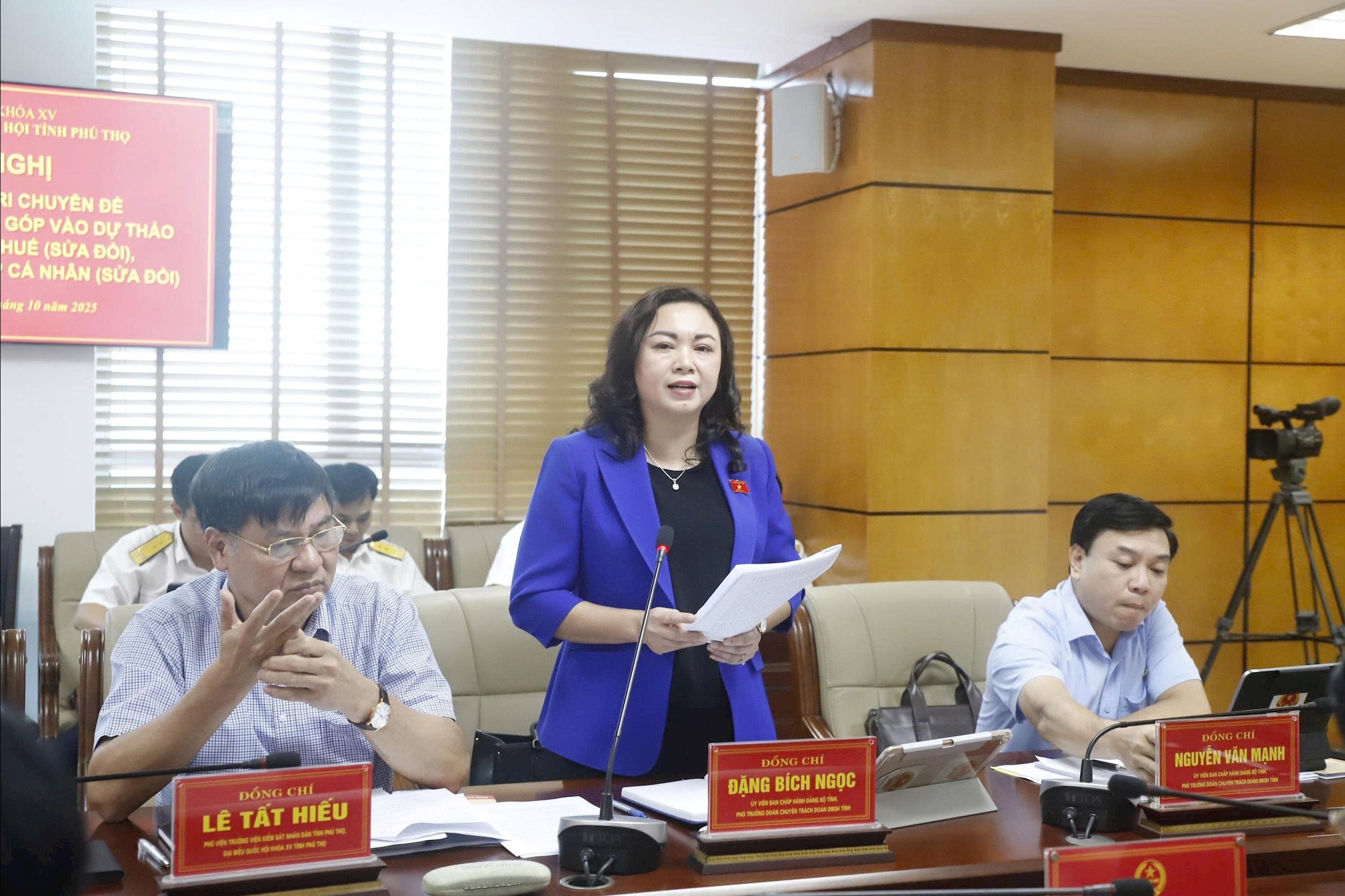
Discussing at the conference on the two draft laws, delegates agreed on the need to amend the law to meet practical requirements and be consistent with tax reform requirements and the socio-economic situation.
Regarding the draft Law on Tax Administration (amended), opinions proposed to build a flexible mechanism for handling late tax payments to adjust the late payment fee level in accordance with the socio-economic situation in each period; specify more clearly the form of support for business households in switching from lump-sum tax to self-declaration and self-payment; and a mechanism to control fraud and prevent tax losses.
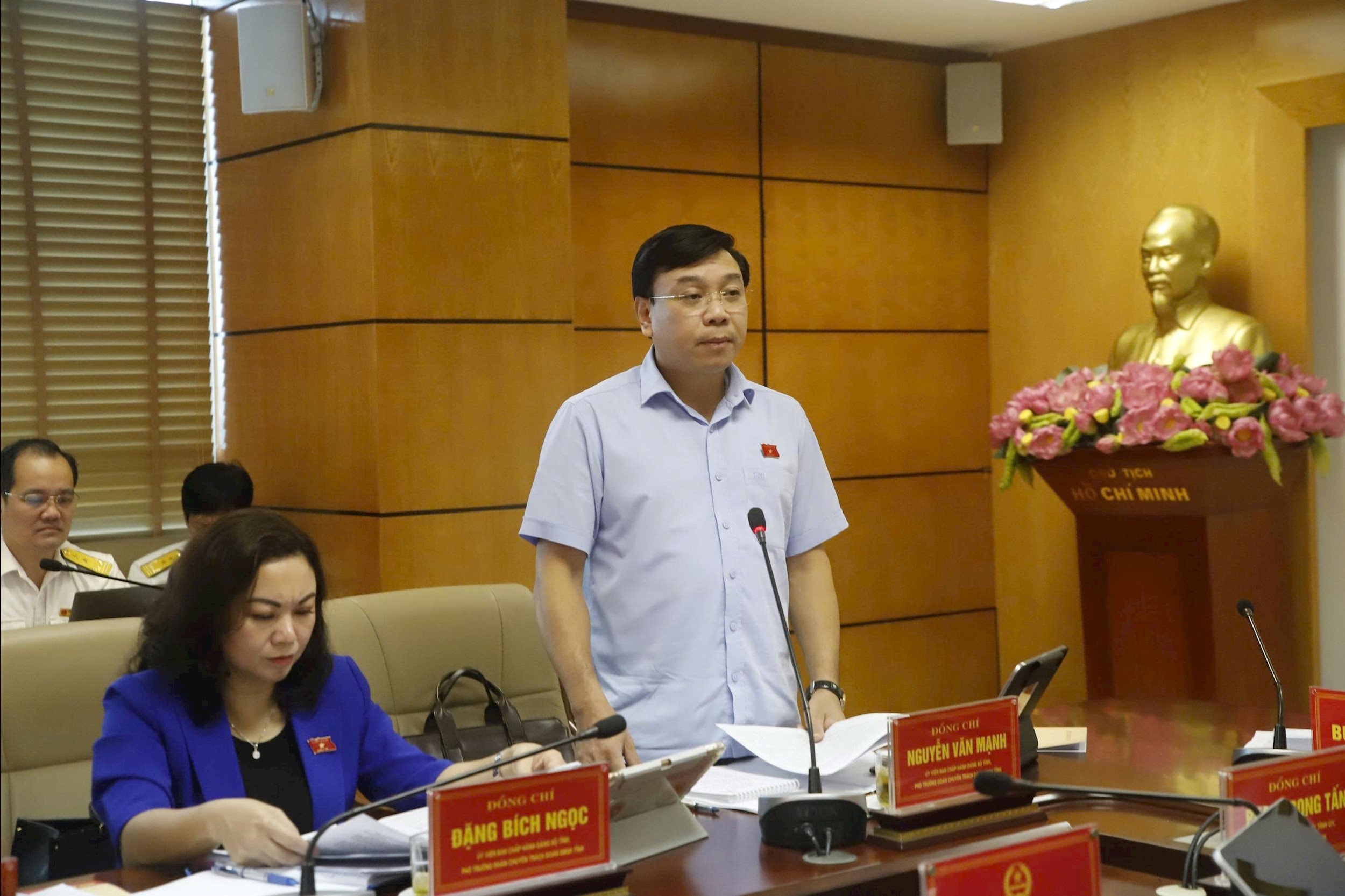
Regarding the Law on Personal Income Tax (amended), delegates proposed calculating and adjusting the amplitude and gap between income levels in each tax bracket; raising the tax threshold for business households to match reality; narrowing the number of tax brackets in the progressive tax table; adjusting the principle of family deductions to ensure fairness, transparency, and not creating a burden for low- and middle-income groups...
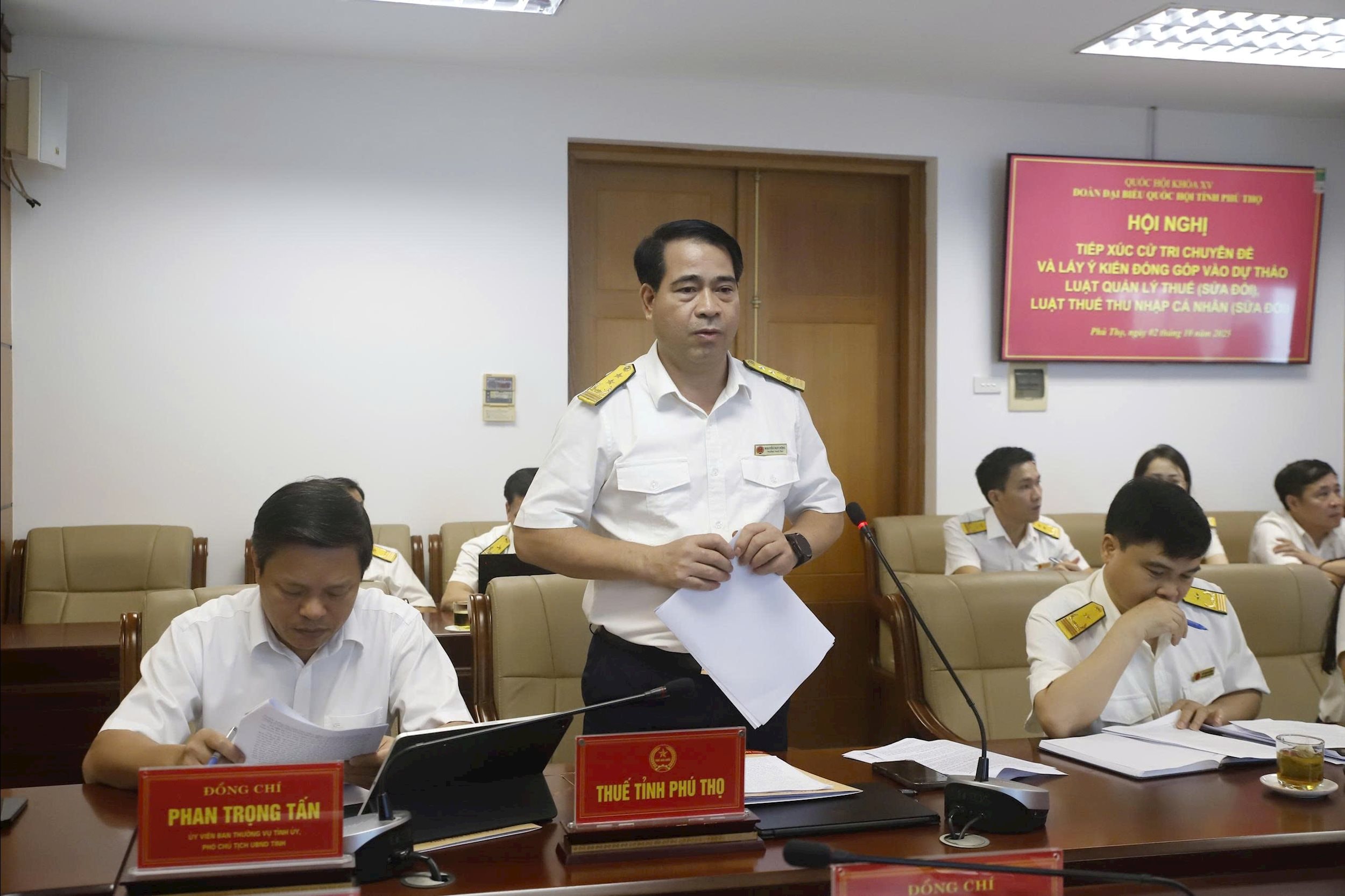
Concluding the conference, Party Central Committee member and Head of the Provincial National Assembly Delegation Bui Minh Chau emphasized that the amendment of the Law on Tax Administration and the Law on Personal Income Tax is of great significance, aiming to overcome shortcomings, create a transparent and modern legal basis for tax administration, and at the same time ensure fairness and conformity with the reality of socio-economic development. The opinions of delegates and voters will be compiled by the Provincial National Assembly Delegation to be sent to the drafting agency for consideration and comments at the upcoming 10th Session of the 15th National Assembly.
Source: https://daibieunhandan.vn/doan-dbqh-tinh-phu-tho-lay-y-kien-tham-gia-du-an-luat-quan-ly-thue-sua-doi-luat-thue-thu-nhap-ca-nhan-sua-doi-10388887.html


![[Photo] Prime Minister Pham Minh Chinh chairs meeting to deploy overcoming consequences of storm No. 10](https://vphoto.vietnam.vn/thumb/1200x675/vietnam/resource/IMAGE/2025/10/3/544f420dcc844463898fcbef46247d16)



![[Photo] Students of Binh Minh Primary School enjoy the full moon festival, receiving the joys of childhood](https://vphoto.vietnam.vn/thumb/1200x675/vietnam/resource/IMAGE/2025/10/3/8cf8abef22fe4471be400a818912cb85)

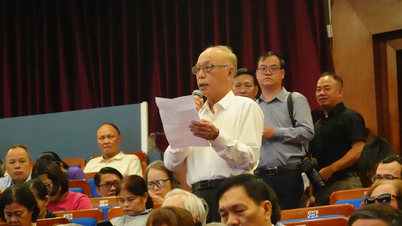

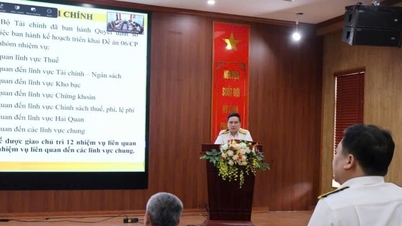







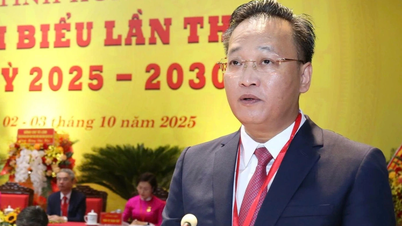

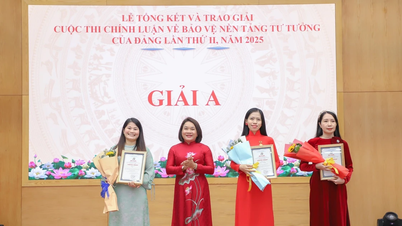


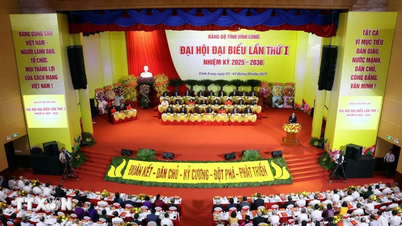
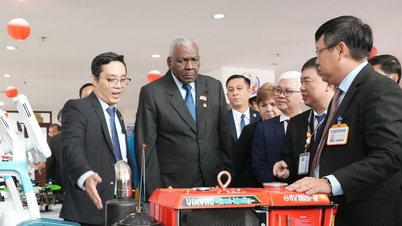
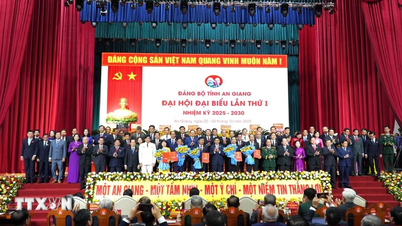




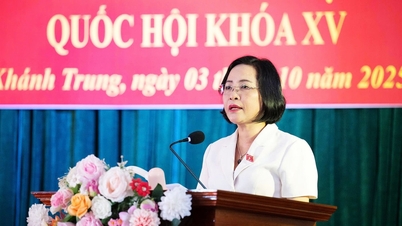

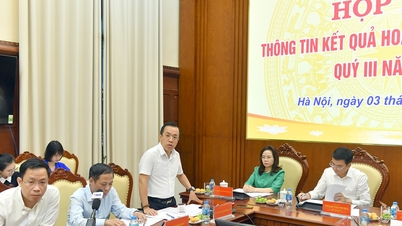

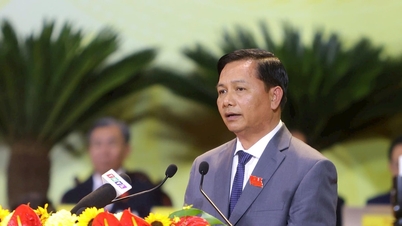
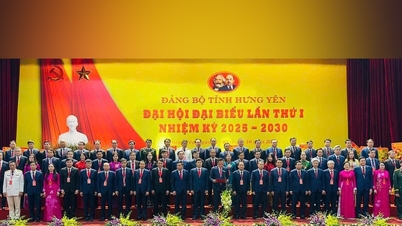










































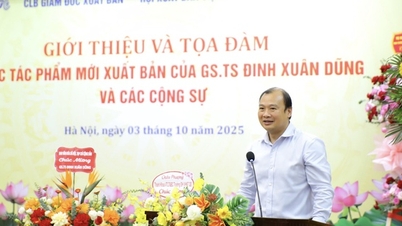



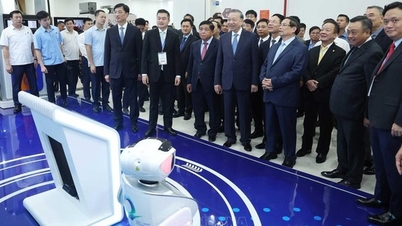

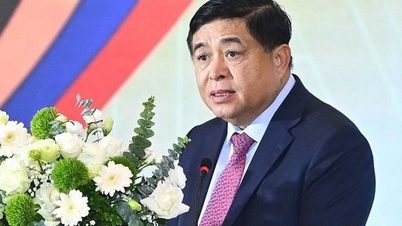




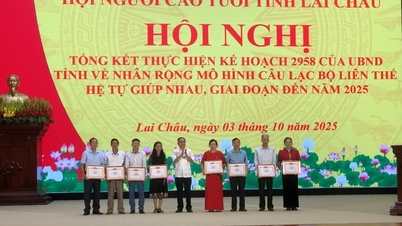

















Comment (0)